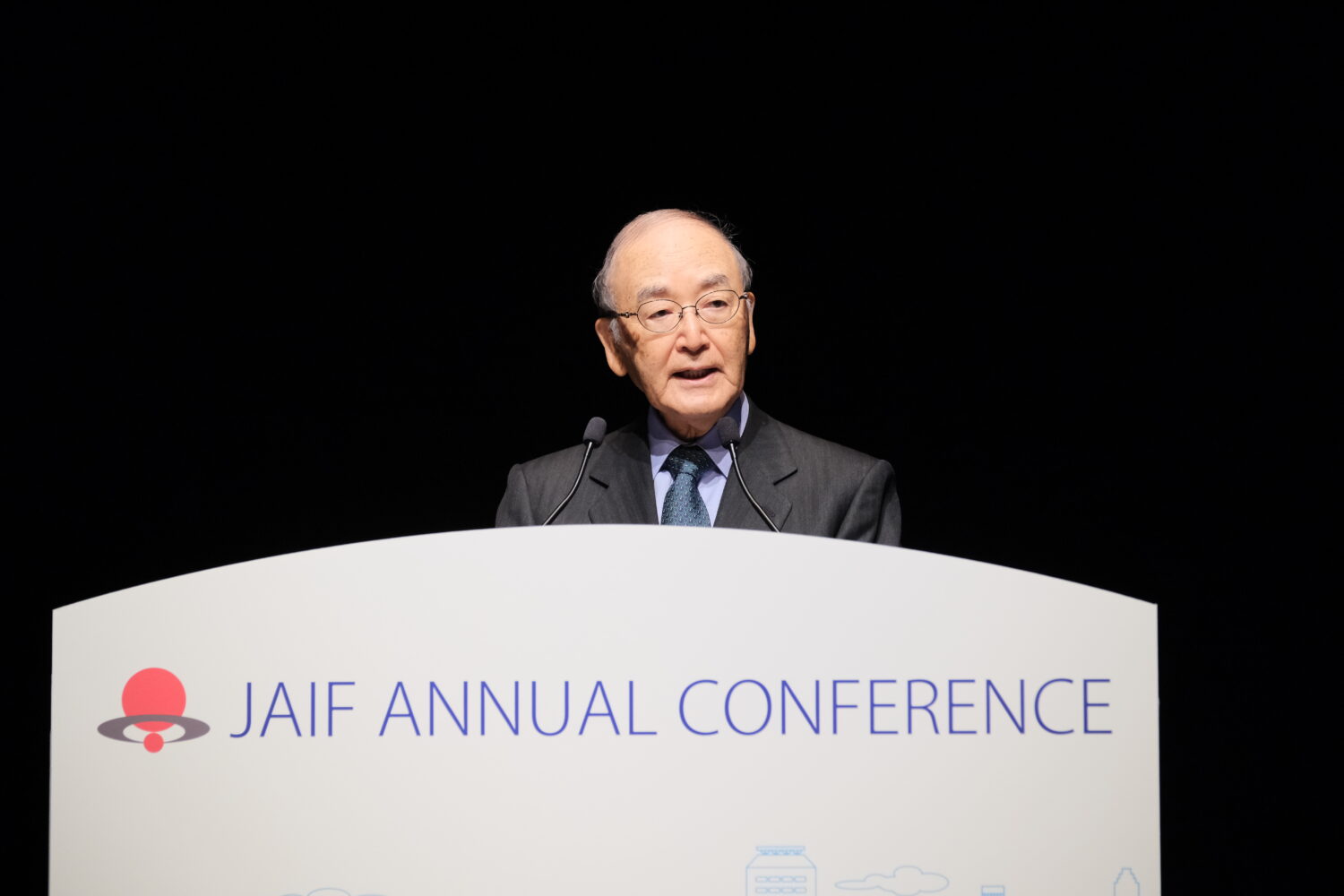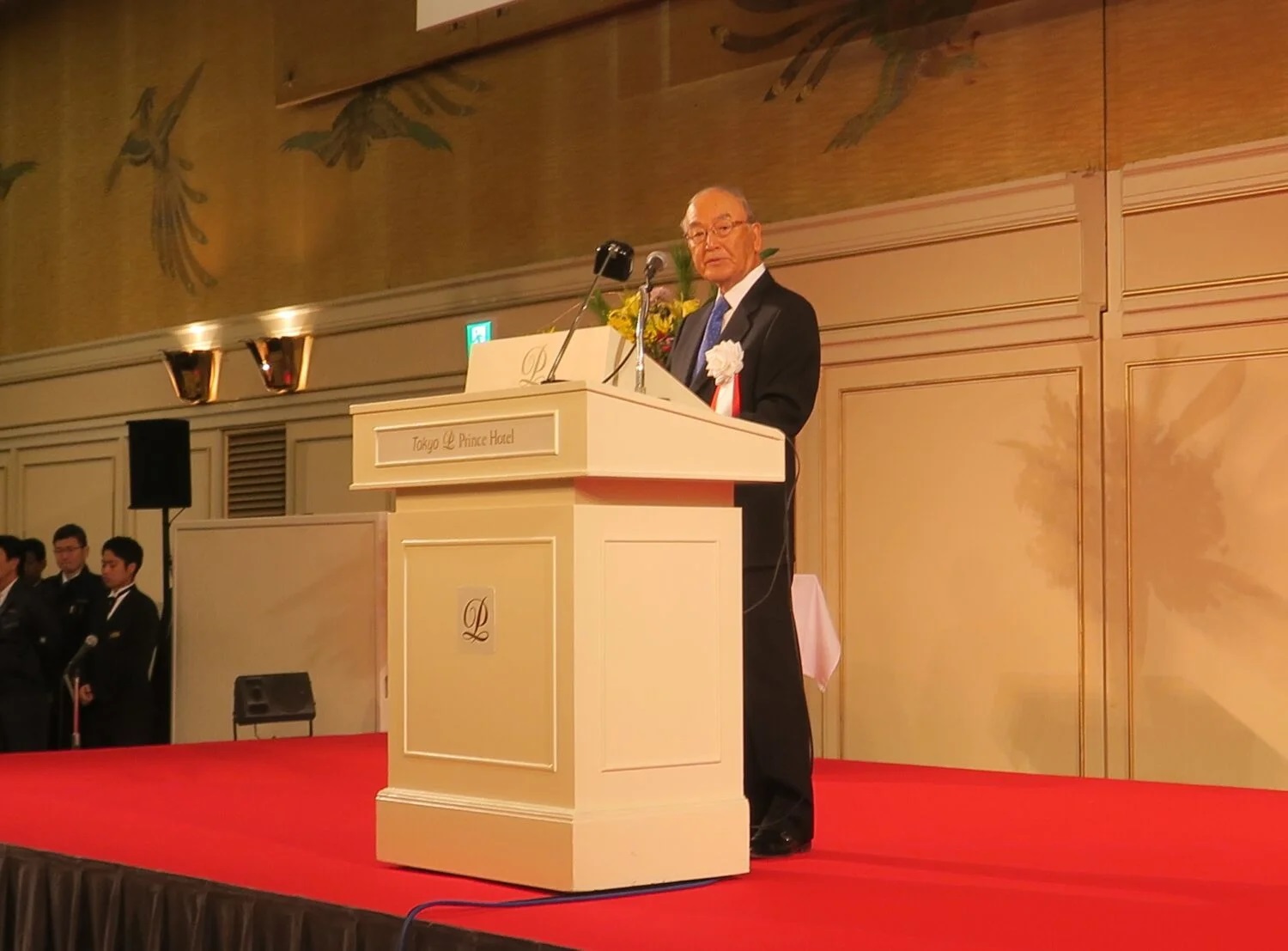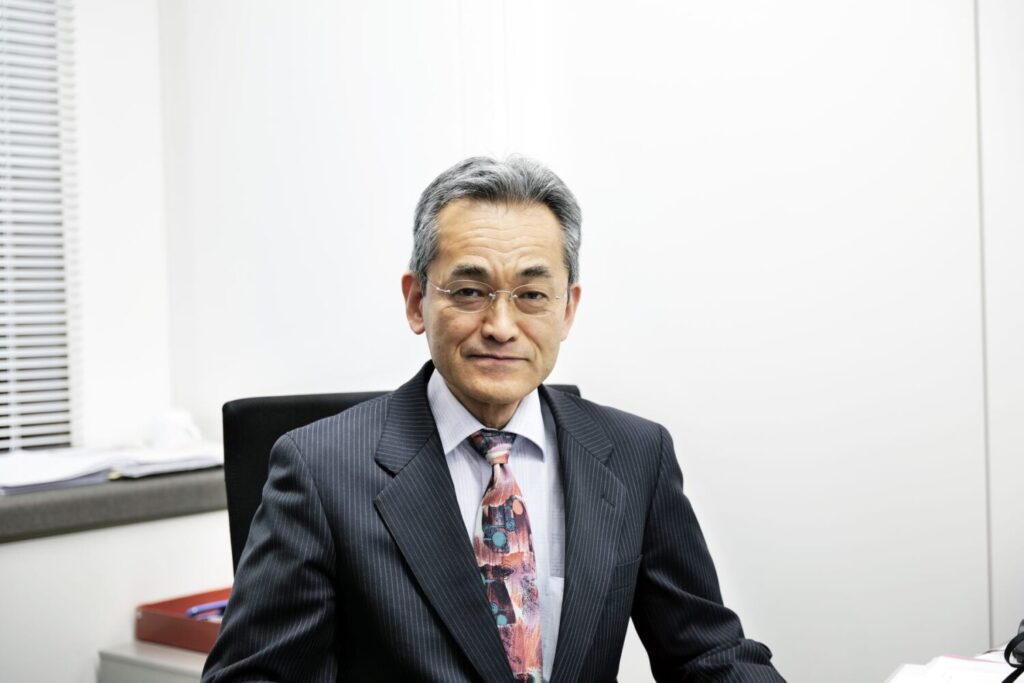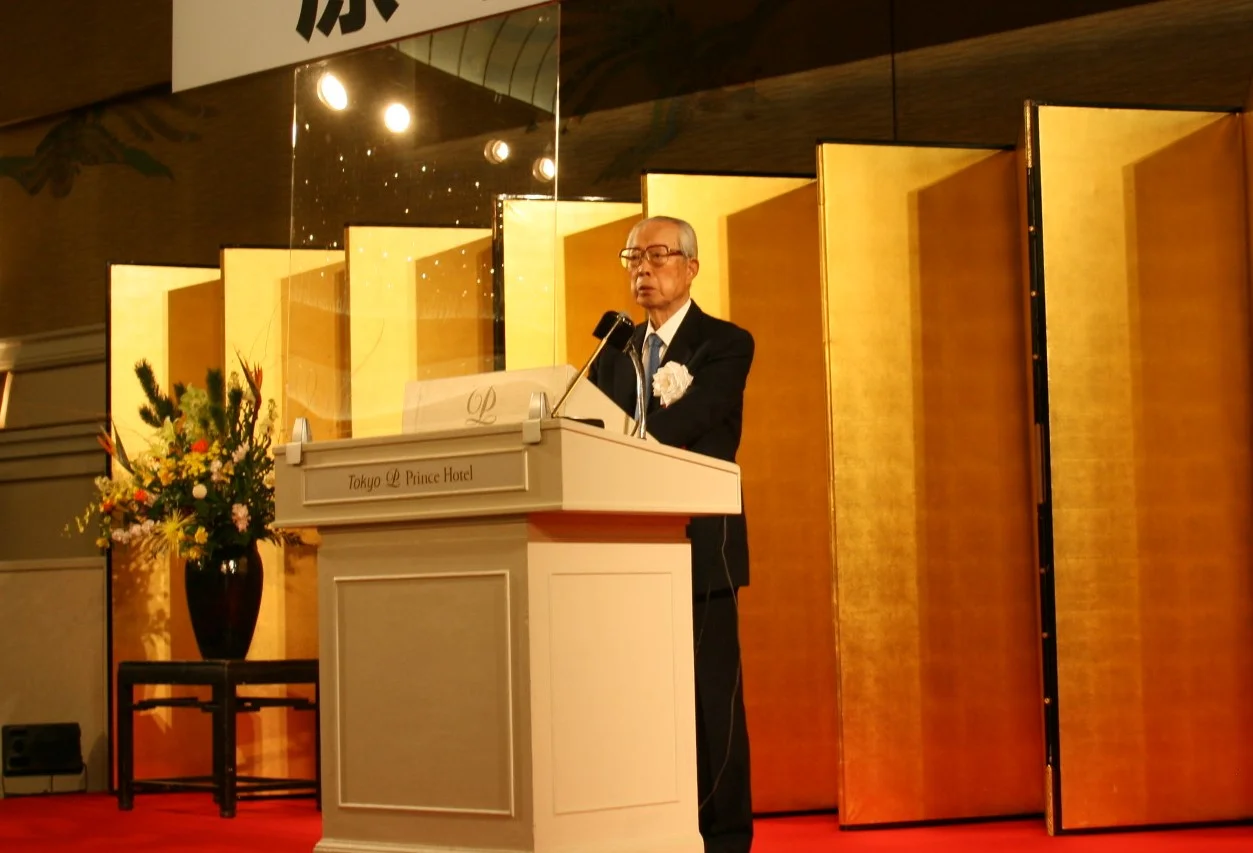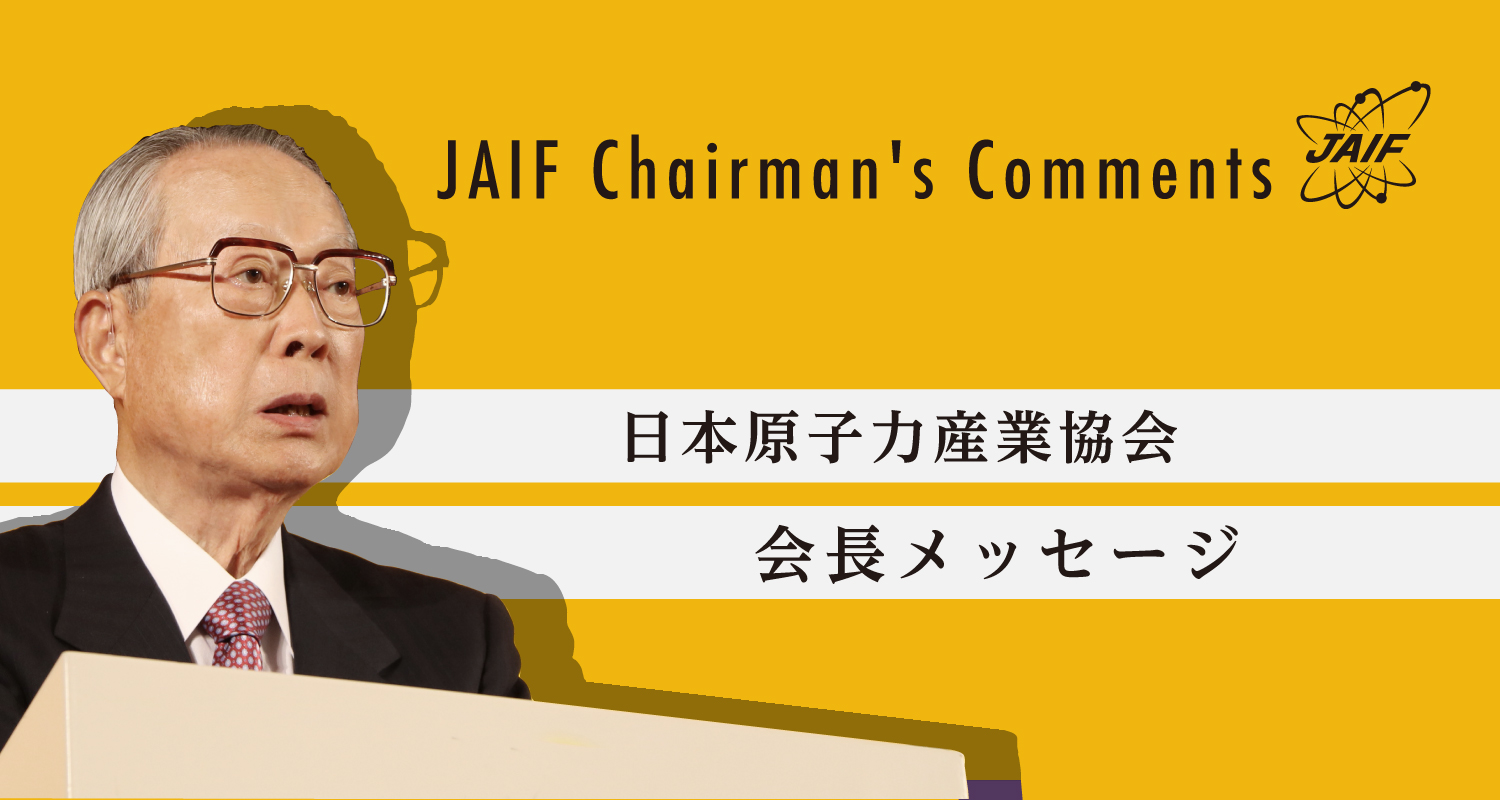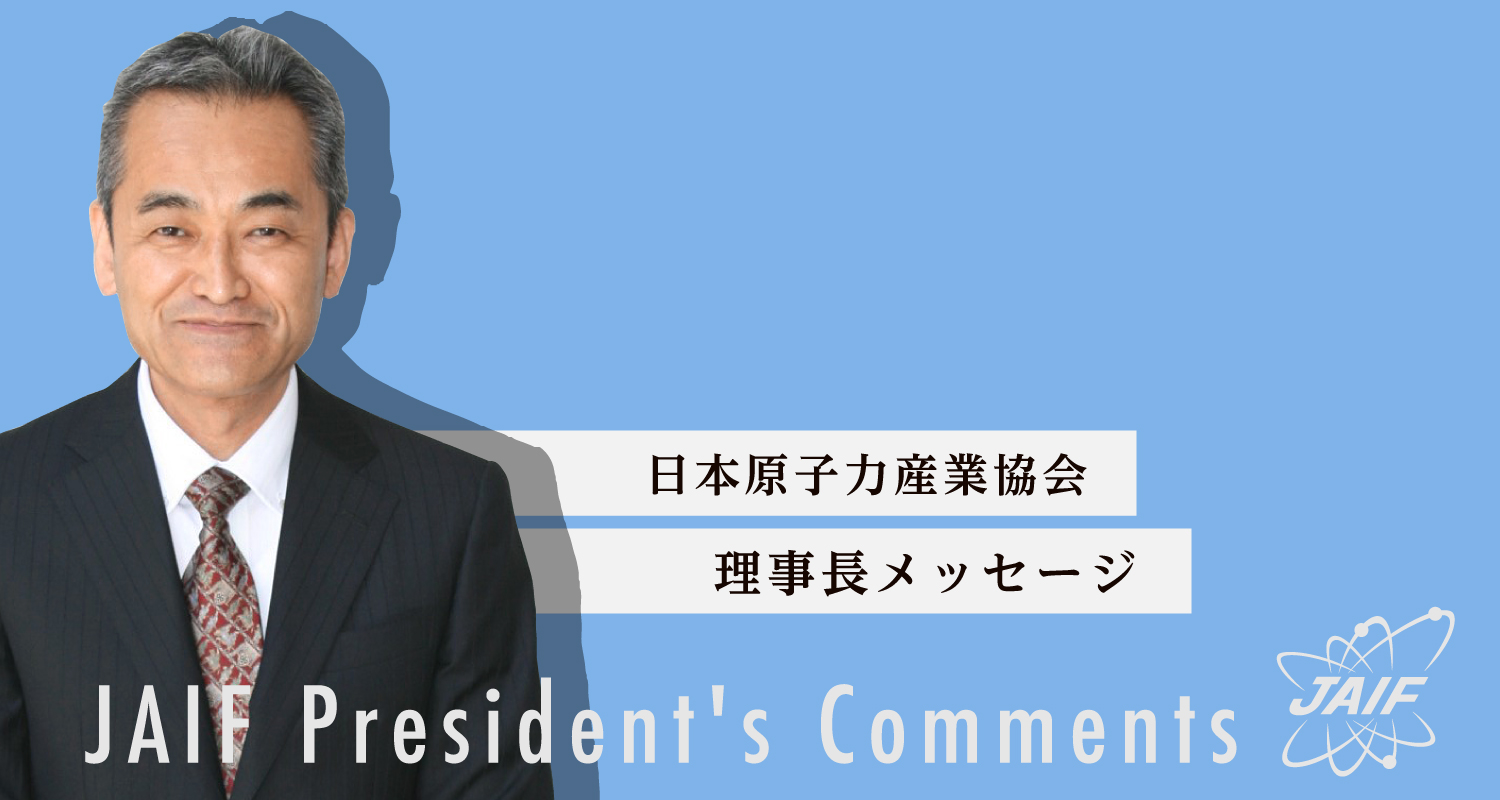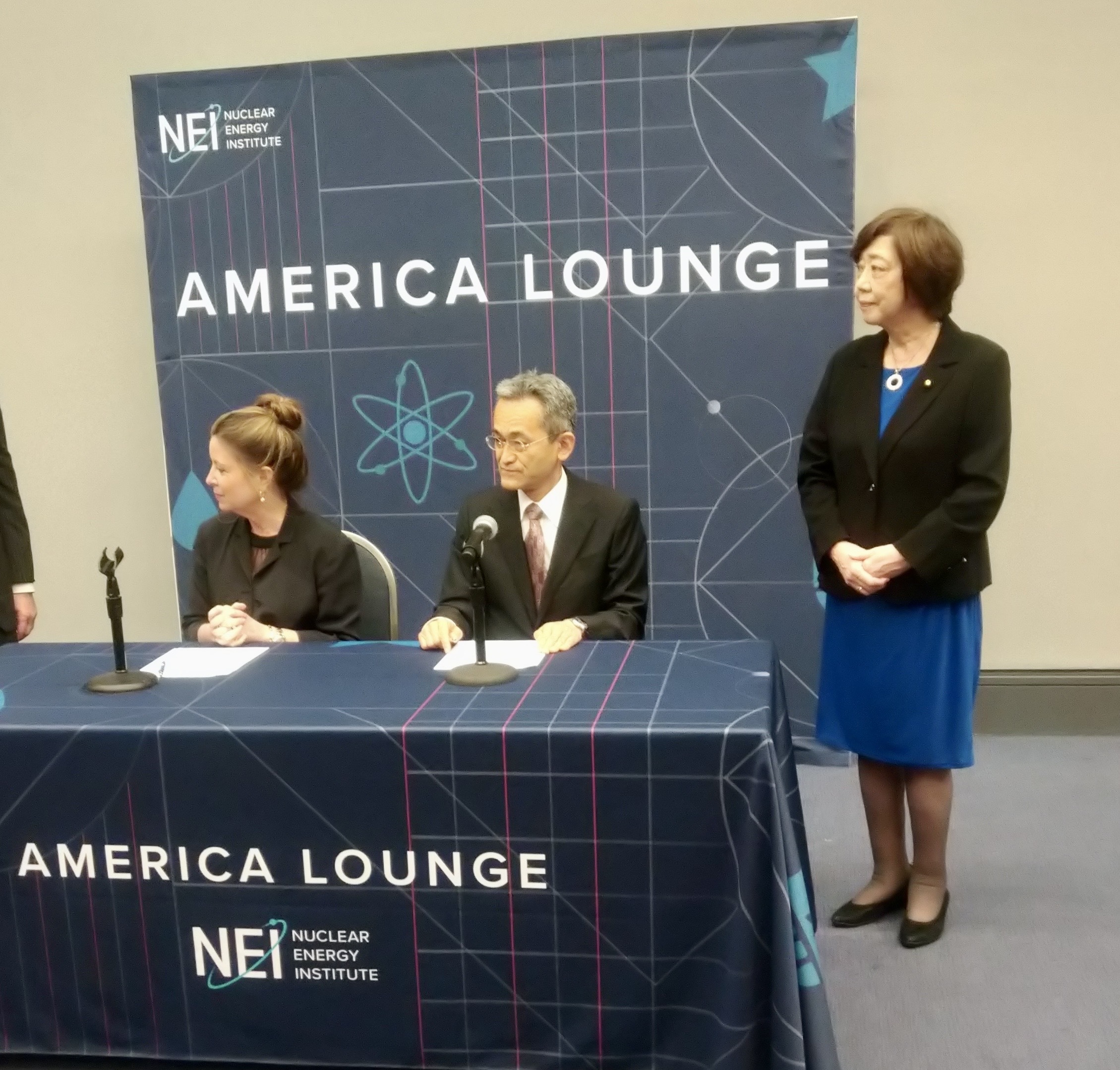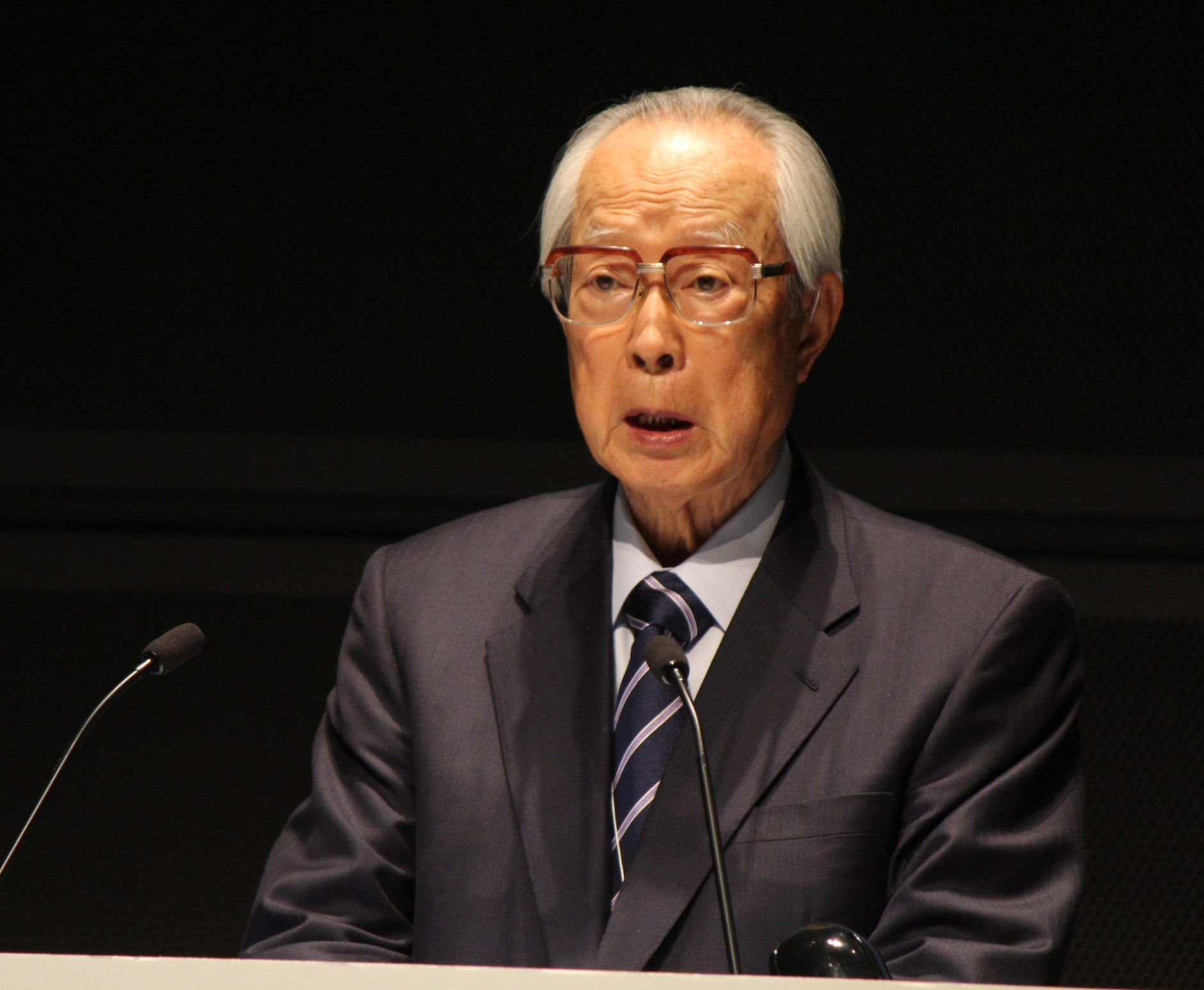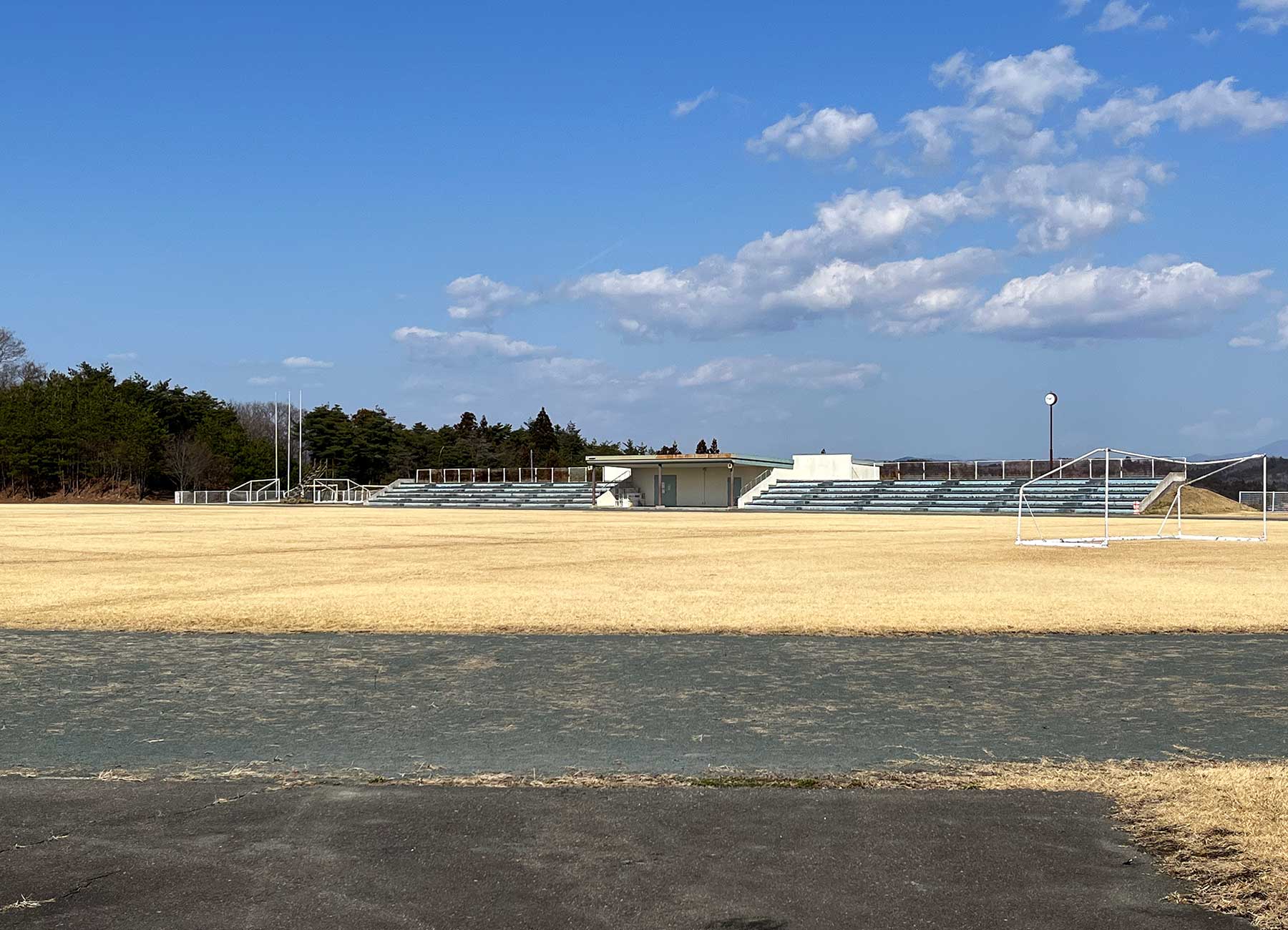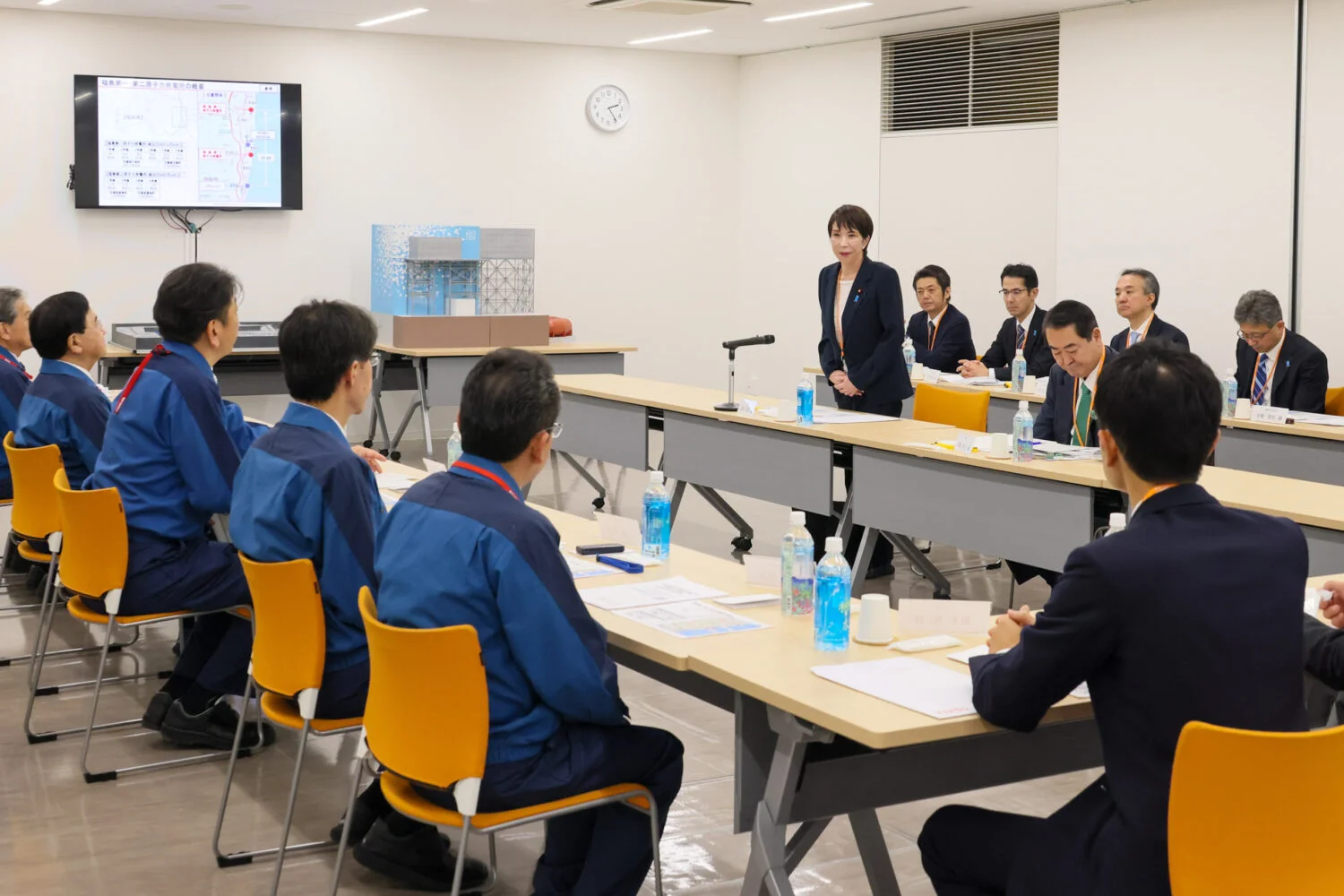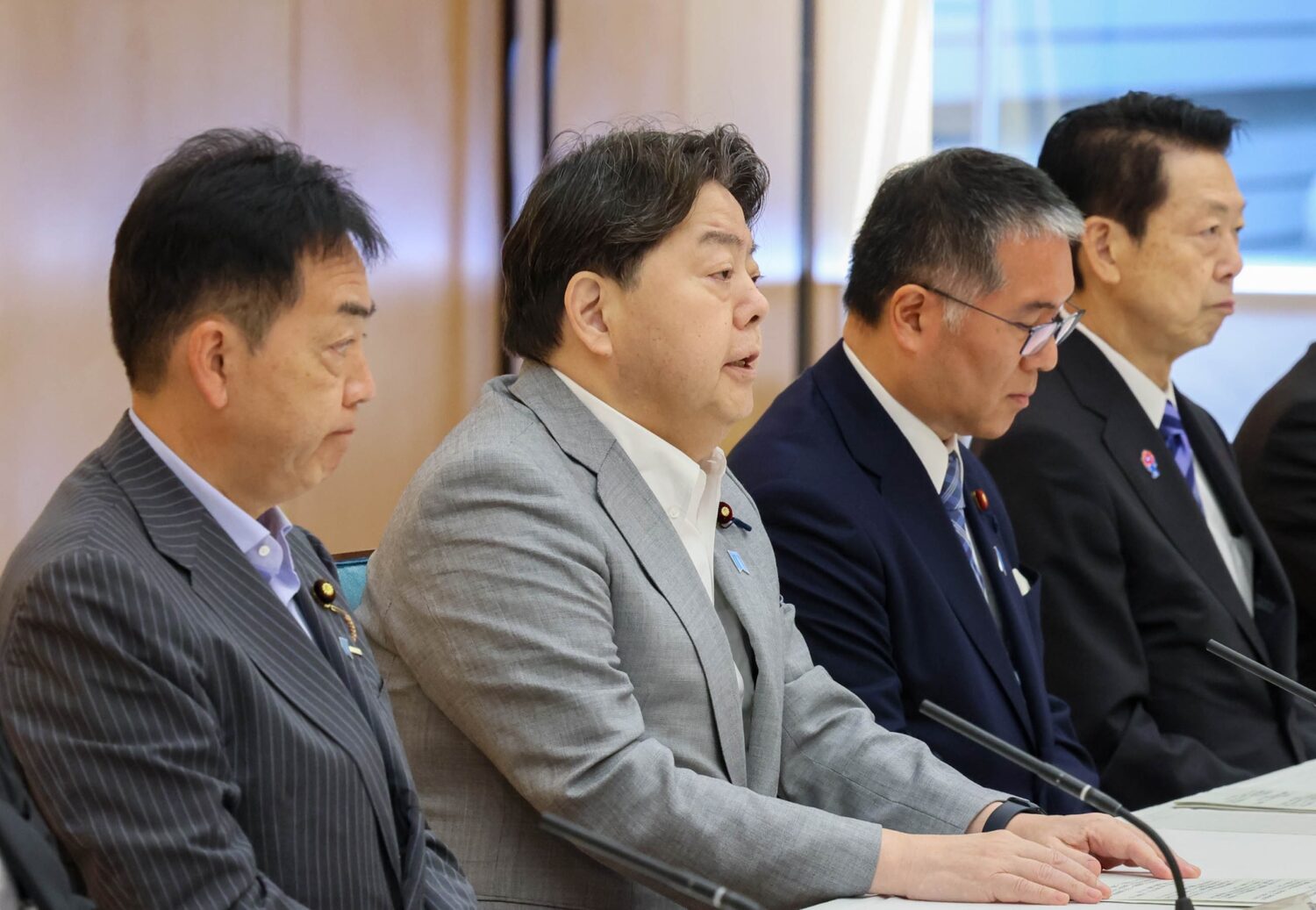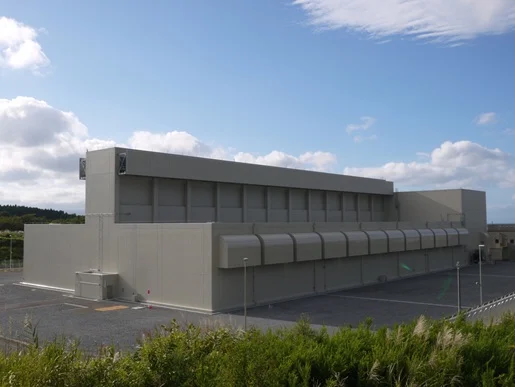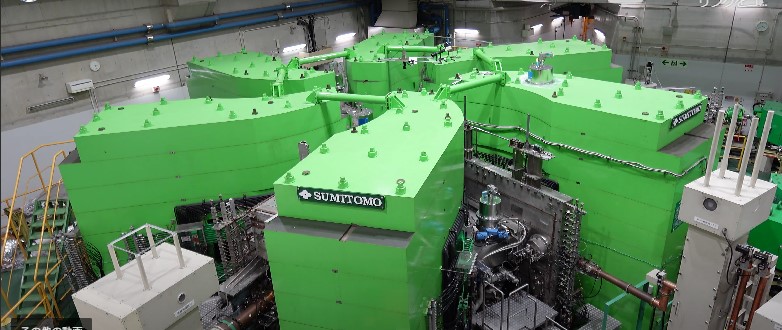Sae Ochi, MD, MPH, PhD
Director of Internal Medicine, Soma Central Hospital, Fukushima
Clinical Research Fellow, MRC-HPA Centre for Environment and Health, Imperial College London, UK
This August, a document was presented by a pediatricians’ group from Fukushima Prefecture demanding a review of the thyroid gland cancer screening taking place in the same prefecture, including a reduction in its scale. Meanwhile, a group of residents has started a movement opposing the pediatricians’ demand, saying that they want the studies to continue. Future debate on the issue is thus bound to get complicated.
How much longer should the screening tests for thyroid gland cancer continue? The reason for the lack of a consensus on that issue may result from the fact that there was not a convergence of thinking on the purpose for such screening when it started in the first place.
Fukushima Prefecture had originally described the purpose of the studies of the health of prefectural residents in the following manner: “Evaluating the radiation doses of prefectural residents, along with comprehending their current health condition, for the prevention, early detection and swift treatment of diseases, through which the health of residents can be maintained and improved”.
That is to say, the purposes were two-fold:
- Confirming the effects of the radiation exposure.
- Protecting the health of local residents.
Furthermore, as far as the screening was concerned, another important aim was probably thus:
- Alleviating the anxiety and dissatisfaction of the local residents.
In that case, do those aims match the means represented by the screening?
1. Does screening truly make prefectural residents healthier?
Is thyroid gland screening truly beneficial for children’s health? That question was repeatedly discussed at a recent international convention of experts held in Fukushima as well. Namely, some experts question whether the early detection of such an easily prognosticable type of cancer as thyroid gland cancer really extends longevity, while others wonder whether the early detection [of such cancer] might contrarily be detrimental to people’s overall health if mental health is also included in the equation.
In addition, some hold the opinion that that it perhaps would be better to devote resources to other areas instead—such as day-care centers, enhanced education, and the care of disabled children—when thinking about the health of children in Fukushima overall.
2. Can screening confirm the effects of radiation exposure?
To put it negatively, the act of confirming the effects of radiation exposure might represent a prioritization of obtaining knowledge about the possibility of future radiation accidents over the acquisition of knowledge about residents’ health.
The reason why some are averse to a halt to the comprehensive studies is that they feel that making such studies voluntary would render the data gained thereby epidemiologically meaningless. Some people hope to leave a solid legacy to future generations, while others look upon the screening tests as important epidemiological research, and it is those kinds of people who might feel that they don’t want to waste the high-quality data obtained so far. However, I think that it must also be realized that such thinking fails to see things from the perspective of the lives of the residents there.
“Surveillance and studies must not be confused with one another. The object of studies is science, but the object of surveillance is the people living there.” That was a statement made by a scientist at the aforementioned convention. I think they are very weighty words.
Also, because of the nature of epidemiology, it will never be possible to flatly state that “there are zero effects of radiation.” The result of the studies, no matter how long they are continued, is at best limited to a statement that “the effects of radiation are unclear.” Meanwhile, as those people being examined increasingly get older, the number of those incidentally getting cancer also grows. Amidst such a background, can one ever reach a conclusion about whether cancer increased or will increase? No one knows that yet.
3. The relation between anxiety alleviation and screening
Personally, I believe that free tests should continue to be offered into the future so as to alleviate the anxiety and dissatisfaction of mothers and their children. Still, there is probably room for debate about whether a comprehensive study is necessary.
One mother of a junior high school student told me, “My son hid the announcement about thyroid gland screening saying that he didn’t want to take time off from his club activities.” Thus, making mothers less anxious does not necessarily coincide, even, with reducing their children’s stress. While some strongly hope for the continuation of screening in the future, there are more and more people, I believe, who want to be told by someone that “it’s OK not to take the tests anymore.”
Judging from the extent of individual freedom, perhaps one solution would be to offer free testing for those wishing to undergo it for a vague period of time defined as lasting “until the residents are persuaded.” While that method would be inefficient, and possibly criticized by some as a waste of resources, I do believe that it is worthy of consideration.
4. What lies at the bottom of people’s dissatisfaction?
Another thing is required if screening is to continue for the purpose of alleviating the anxiety and dissatisfaction of residents: namely, “a public discussion of how to respond to a situation in which it turns out that radiation exposure does have an effect [on an increase in thyroid gland cancer].”
Residents repeatedly tell me, “In the long run, the national government is inclined only to accept test results showing ‘no increase’ in cancer.”
Thankfully, current tests are frequently demonstrating “none” or “few” effects [on an increase in thyroid gland cancer] from radiation. Still, and it is precisely because of such results, contingency countermeasures ought to be developed and widely accepted now—while there is still time—in case it does turn out that cancer has been increasing. If that is not carried out, residents’ mistrust will never be wiped away no matter how much the screening continues.
Why are we carrying out thyroid gland screening? More than anything, it should be helpful for the health of prefectural residents and for dispelling harmful rumors. Now that five years have passed, that is the kind of discussion that is called for.


